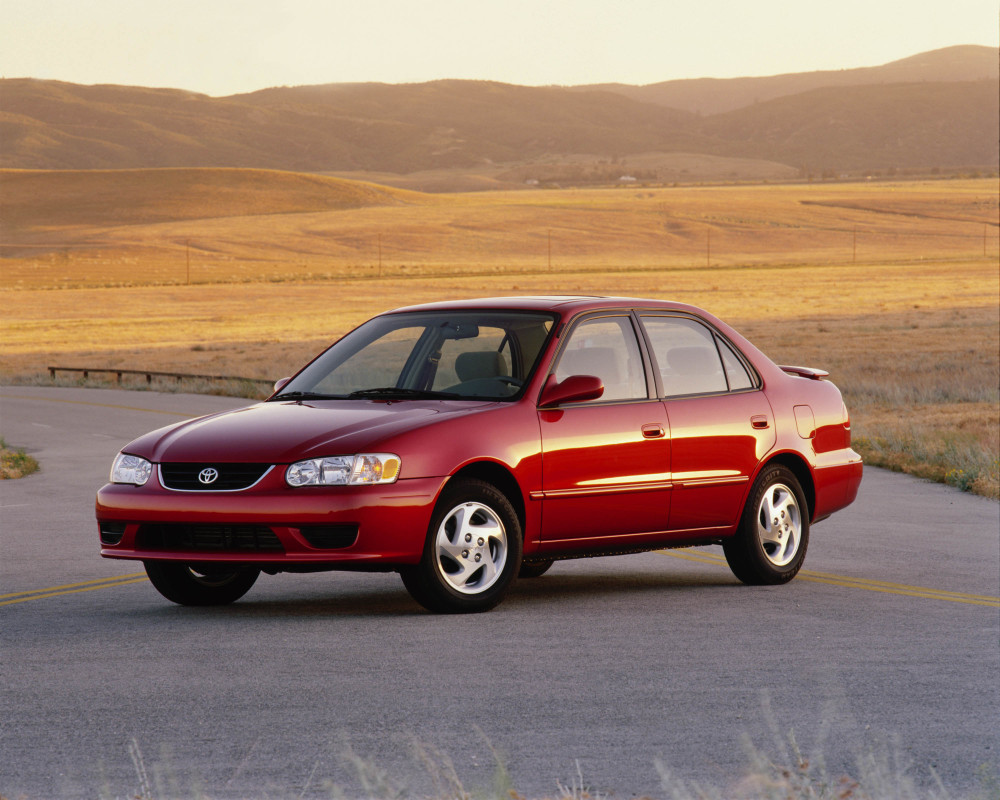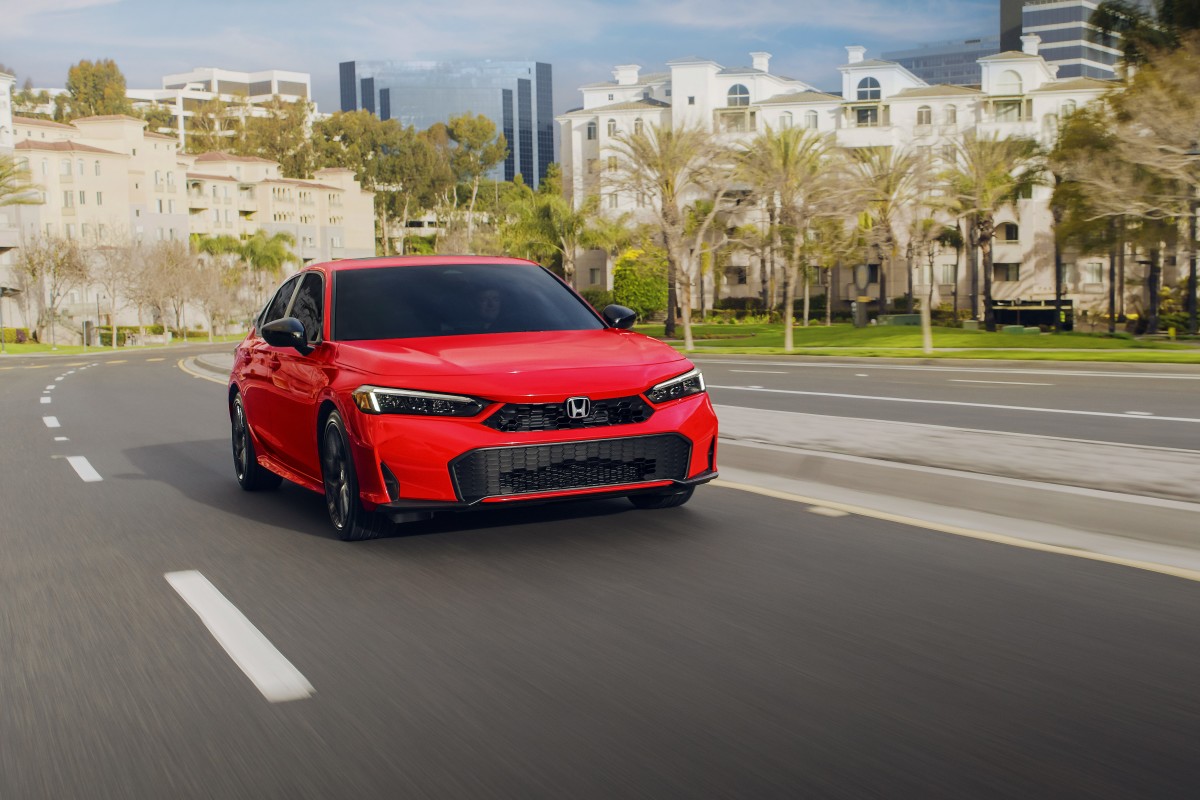New car prices and reliability are key
A new study sheds light on an underlying concern within the auto industry. American Trucks found that nearly 40 percent of respondents can’t afford a new vehicle, and many owners plan to keep their vehicles until the wheels fall off. Elsewhere, Tesla owners are most likely to have buyer’s remorse, keeping their vehicles for far shorter durations than competing brands.
Even vehicles from brands believed to be less reliable, like VW and Nissan, fared better than Tesla in terms of retention and feelings of buyer’s remorse. All told, the study shows car buyers prioritize reliability and cost of ownership and are more likely to buy again from brands with proven track records for producing reliable autos.

Toyota
Why people are holding onto their vehicles
Sixty-three percent of respondents say they’ve kept their vehicles because they are no longer making payments, and high loan interest rates in the current market climate won’t help change that. Fifty-three percent of respondents say “reliability” keeps their vehicles in the driveway. In comparison, 40% say they’re happy with their current vehicle’s comfort and convenience.
Thirty-nine percent of respondents say they can’t afford a new vehicle, again harkening to high interest rates and the average price of a new car creeping upward. A study from Financial Samurai shows that over the span of a decade, the average cost of a new car soared 62 percent, outpacing inflation by a wide margin. EVs are still more expensive than ICE vehicles, making the transition to electrified vehicles even more difficult for car buyers.
Low maintenance costs, decent fuel efficiency, and brand reputation also play significant roles in why people are holding onto their vehicles. Seventy-three percent of Americans say they plan to keep their cars until the vehicle stops working. Chevy, Nissan, and Ford owners are most likely to hold onto their cars for their entire lifespan.
Honda, Ford, and Toyota owners hold onto their vehicles the longest

Honda
The study also found that Honda owners hold onto their cars for 7.3 years, nearly a full year longer than Ford owners, who keep their blue ovals for about 6.5 years. Toyota owners are just behind Ford at 6.4 years, while Hyundai owners keep their cars for about 6.2 years. Chevrolet and Volkswagen owners keep their vehicles for 5.9 years.
Nissan, Subaru, and Kia owners keep their vehicles for five years or more (5.3 years, 5.1 years, and 5 years, respectively). BMW owners tend to buy a new car after 4.6 years of ownership. Tesla fares far worse; its owners only keep their vehicles for 3.2 years, which is the worst ownership duration on this list.
Overall, ICE vehicle owners hold onto vehicles for 6.4 years, while hybrid owners want a new car after 4.5 years. EV owners only keep their vehicles for about 3.1 years, a metric heavily influenced by Tesla, which sells more EVs than any other automaker.
Final thoughts
Soaring prices, unfavorable interest rates, and an uncertain economy drive consumer caution. Automakers still innovate, but car buyers don’t seem swayed by what they’re seeing from auto brands lately, and electrification just isn’t as much of a driver for new sales as many expected. The auto industry is still expected to see increased sales. Still, most forecasts have that growth at a low single-digit level, not the double-digit growth many expect to see by now.